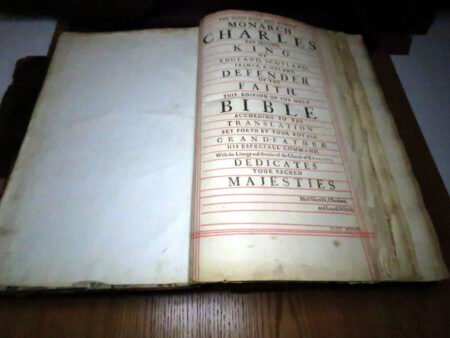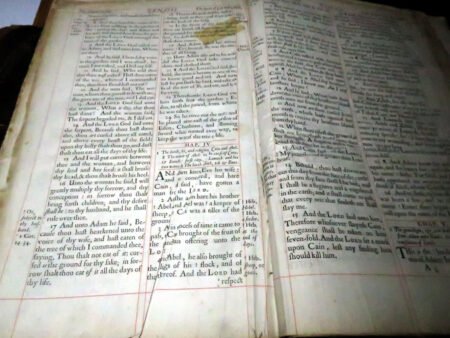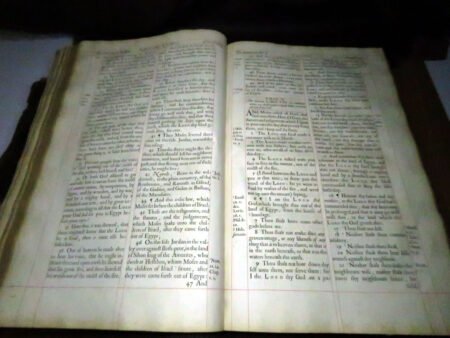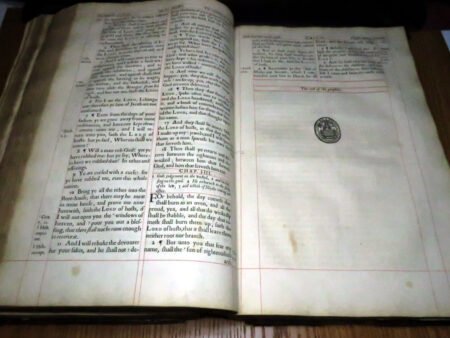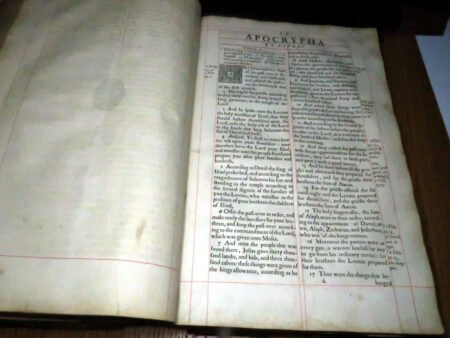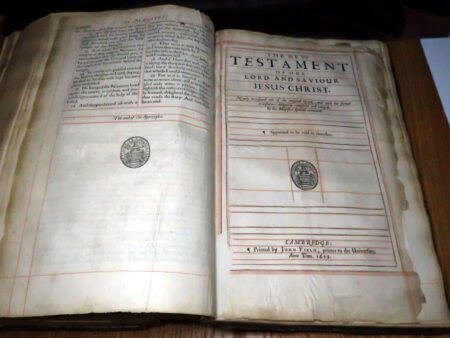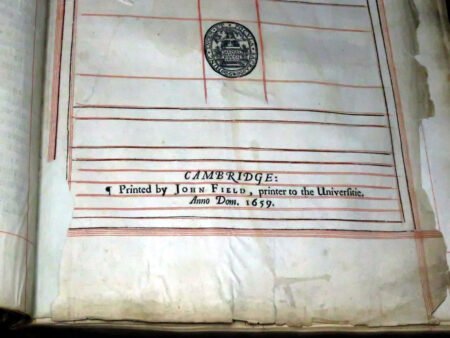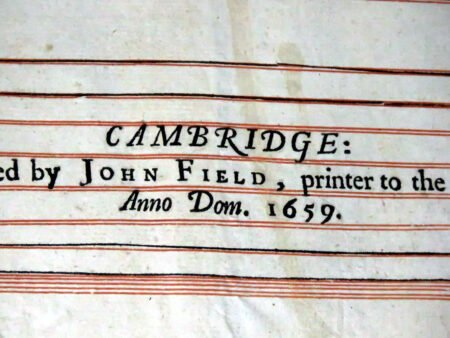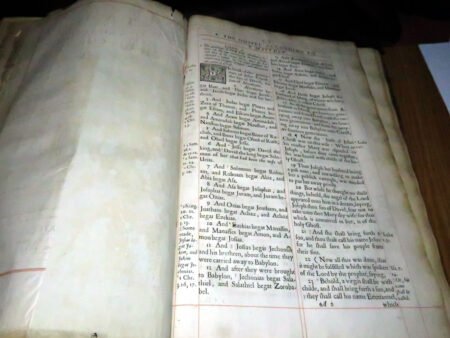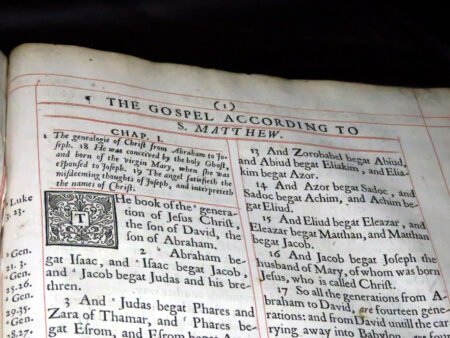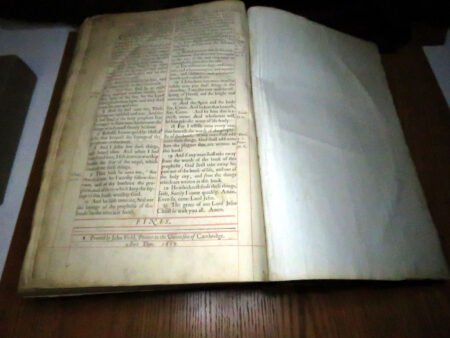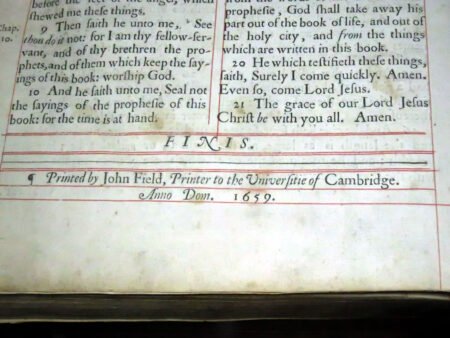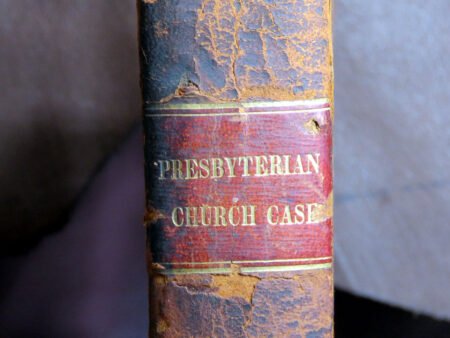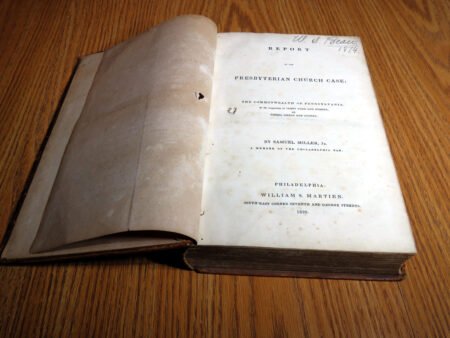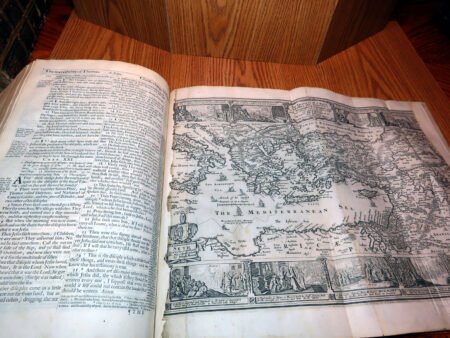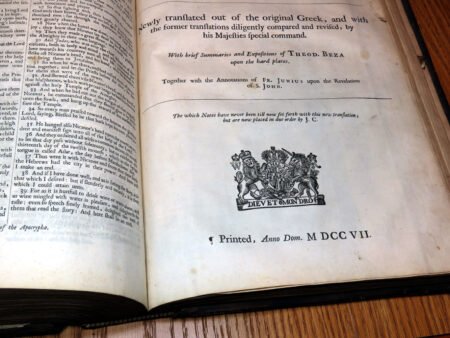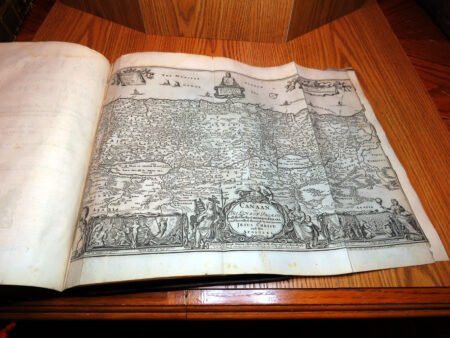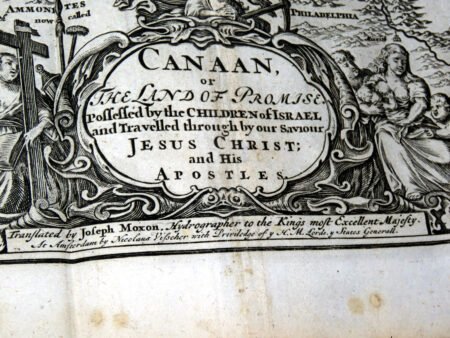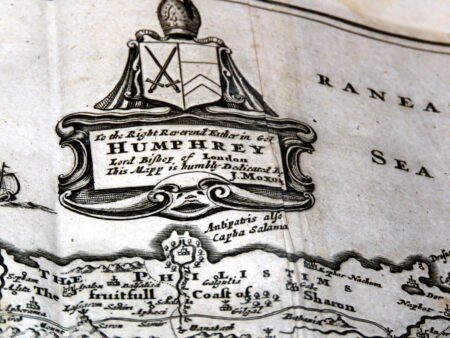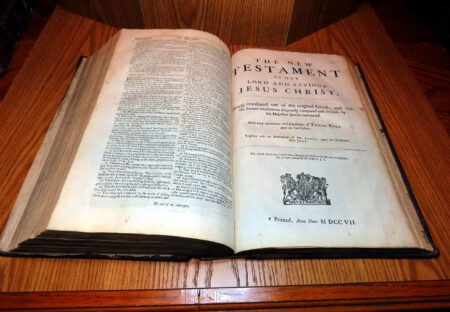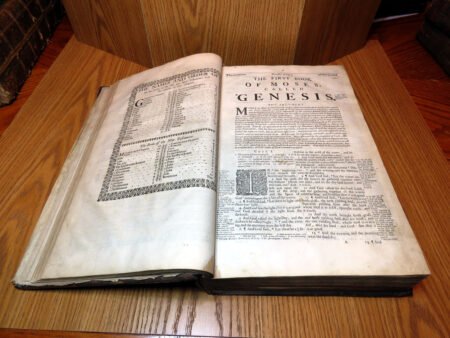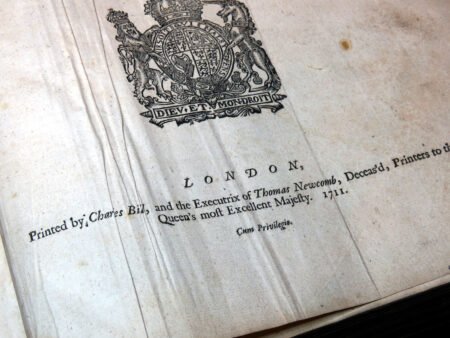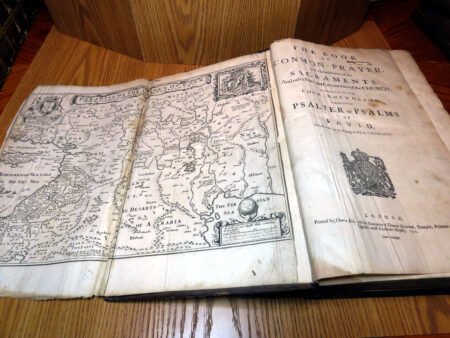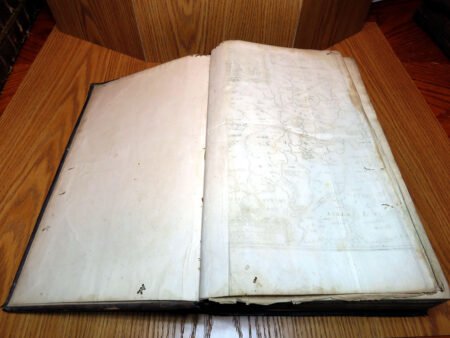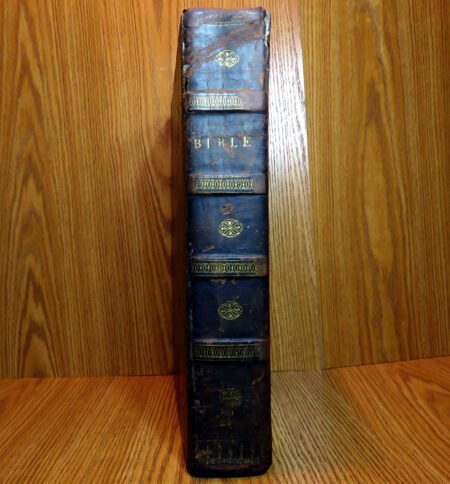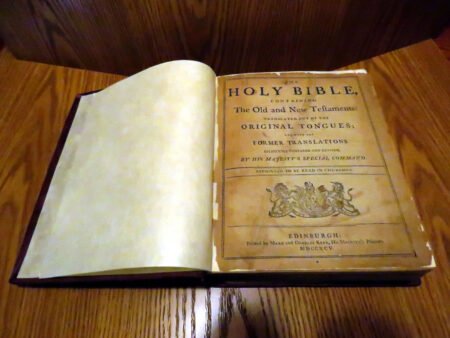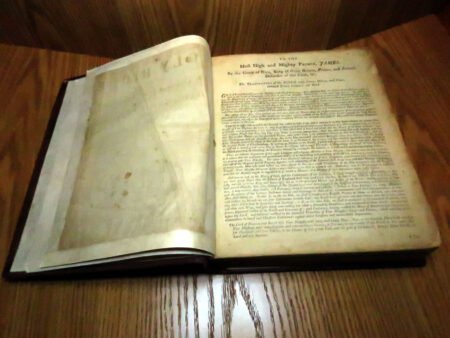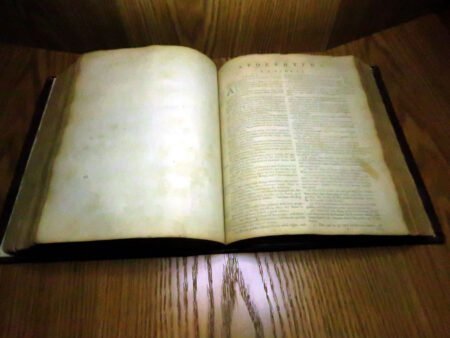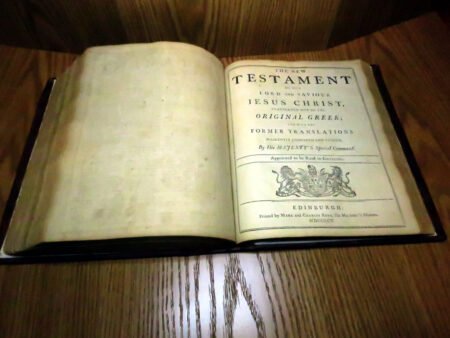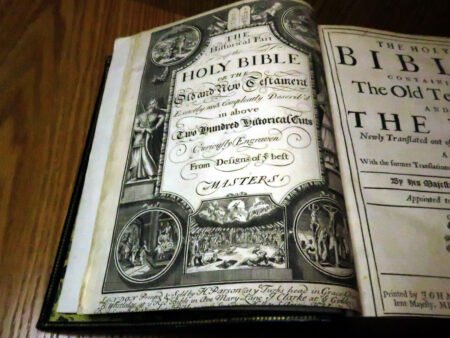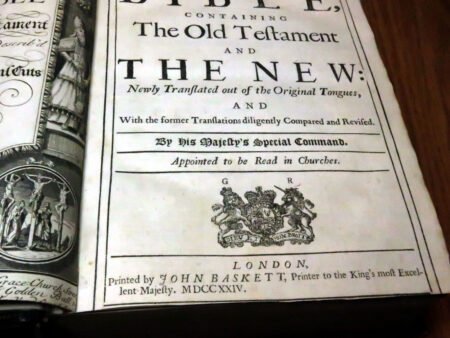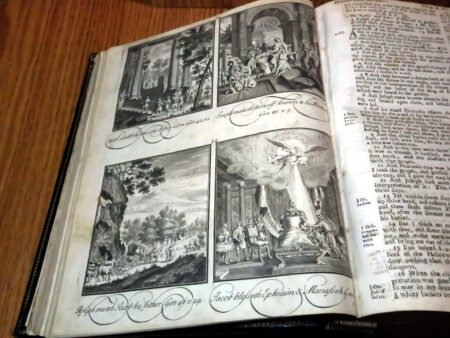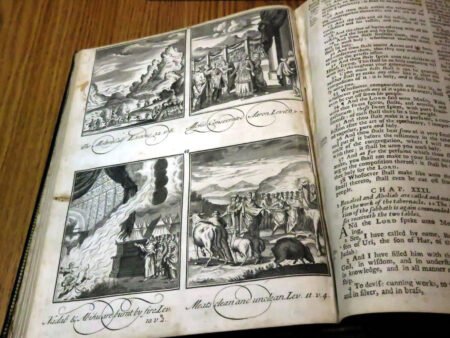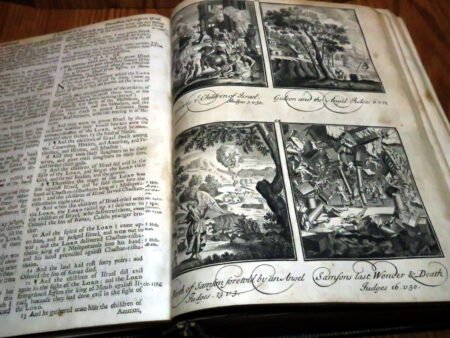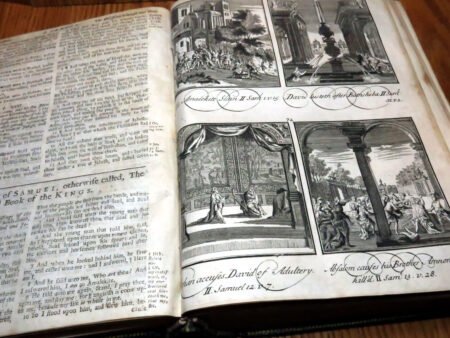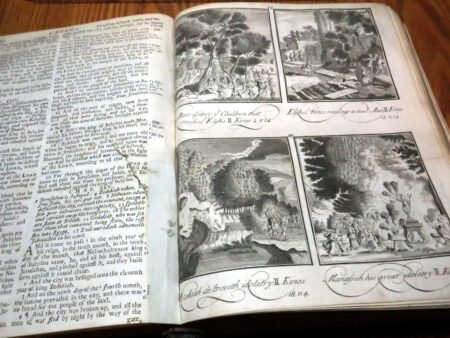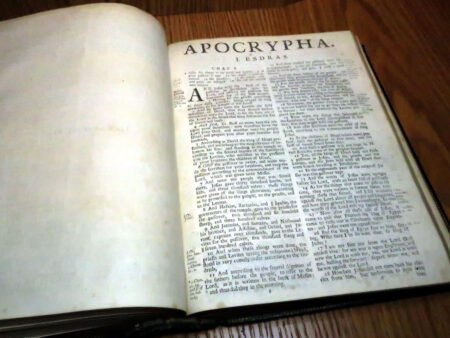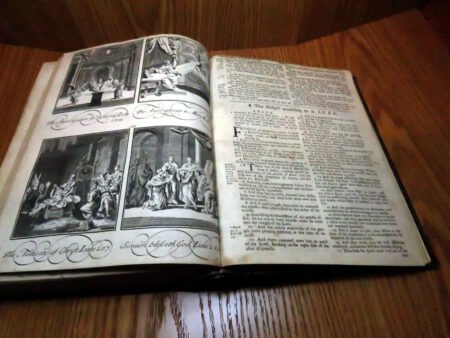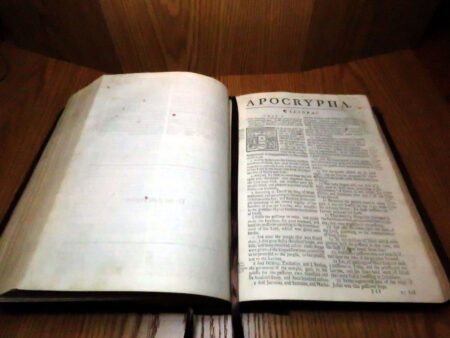The Westminster Confession of Faith is a Protestant statement of faith that was created by the Westminster Assembly, a group of English and Scottish theologians, between 1643 and 1649. It has become one of the most influential and widely adopted confessions of faith in the Reformed tradition.
History of the Westminster Confession of Faith

The Westminster Assembly was convened by the English Parliament in 1643 with the goal of redefining the Church of England in a more Protestant direction. The assembly consisted of over 100 divines, or theologians, from England and Scotland, and they worked together for six years to produce a comprehensive statement of faith.
The resulting document, the Westminster Confession of Faith, was adopted by the Church of Scotland in 1647 and by the English Parliament in 1648. It has since been adopted by numerous Reformed churches around the world.
Structure and Content of the Westminster Confession of Faith
The Westminster Confession of Faith is divided into 33 chapters, with each chapter addressing a specific topic related to Christian theology. These topics include the nature of God, the Trinity, the person and work of Christ, the doctrine of salvation, and the role of the church in the world.
One of the defining features of the Westminster Confession of Faith is its emphasis on the sovereignty of God. The document affirms that God is in control of all things, including human salvation, and that nothing happens apart from his will.
Another important aspect of the Westminster Confession of Faith is its emphasis on the authority of Scripture. The document affirms that the Bible is the inspired and inerrant word of God, and that it is the final authority on all matters of faith and practice.
Impact and Influence of the Westminster Confession of Faith
The Westminster Confession of Faith has had a profound impact on the development of Reformed theology and on the Protestant church more broadly. Its emphasis on the sovereignty of God and the authority of Scripture has shaped the theology of many Christian denominations, and its influence can be seen in the writings of theologians such as John Calvin, Jonathan Edwards, and J.I. Packer.
The Westminster Confession of Faith also continues to be an important statement of faith for many churches today. It is often used as a basis for teaching and preaching, and many Reformed churches require their ministers to affirm the document as a condition of employment.
Conclusion
In conclusion, the Westminster Confession of Faith is a significant statement of faith in the Reformed tradition. Its emphasis on the sovereignty of God and the authority of Scripture has shaped the theology of many Christian denominations, and it continues to be an important document for churches today. Whether you are a student of theology or simply interested in the history of Christianity, the Westminster Confession of Faith is an important text that is worth studying and understanding.









